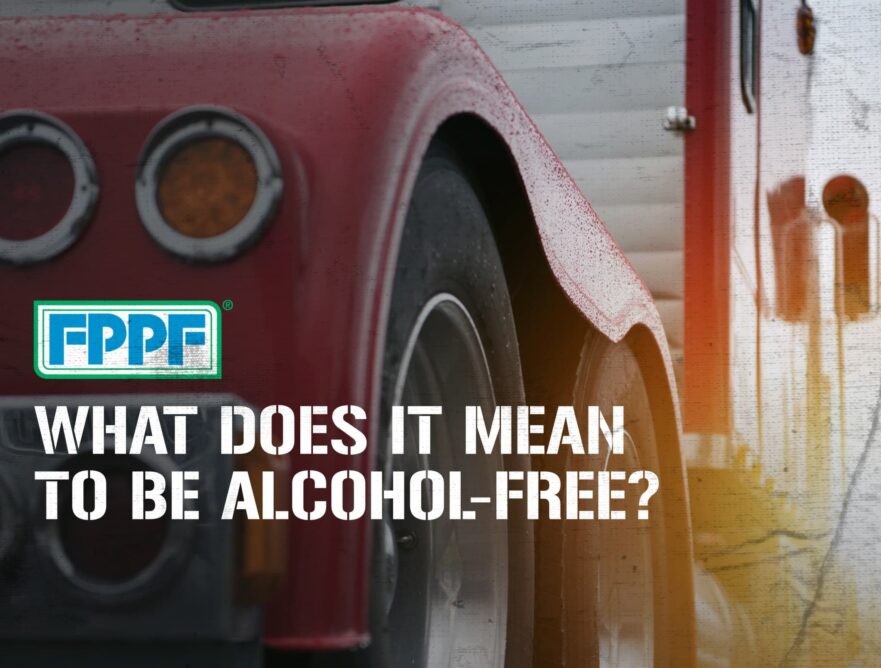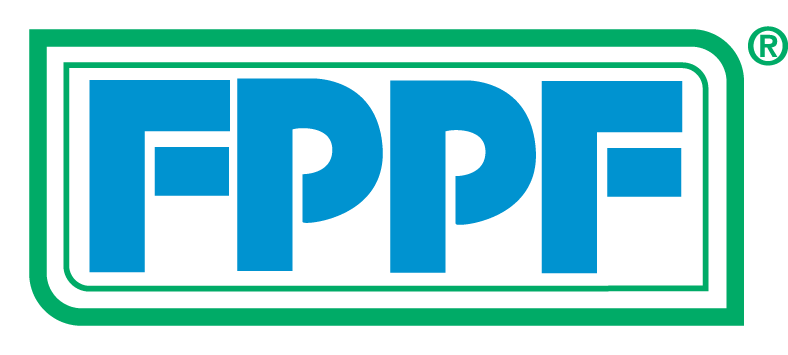fuel additive Company

What Does It Mean to Be Alcohol-Free?
At FPPF, we’re proud of our industry-leading fuel treatment formulations. And when it comes to diesel fuel additives, we pride ourselves on providing products that are alcohol-free. But why is alcohol not ideal for diesel engines? It has to do with the ignition levels of alcohol and diesel fuel.
Diesel engines naturally have a lower ignition delay, which is the time between the rise in internal temperature and actual combustion. Alcohol reduces combustion in engines, making it a bad mix with diesel fuel.
Combustion and thus, ignition within diesel-powered engines relies on compression. And compression relies on cetane levels. When it comes to the cetane number in your diesel fuel, the higher the better.
Alcohol is a natural cetane inhibitor. The higher the cetane number, the higher the combustion. In a product like 8+ Cetane Improver, the absence of alcohol in the formulation leads to much more powerful combustion, making ignitions smoother.
The presence of alcohol in diesel can actually harm your engine. Adding alcohol such as ethanol—which is present in gasoline—to diesel fuel can lead to the fuel prematurely ignited. This premature ignition can cause damage to fuel injectors as well as the fuel pump.
Some diesel fuels are formulated to contain a certain level of ethanol, however. This is commonly referred to as e-diesel and can be used in compression engines without causing harm to the fuel injection system. These fuels are more commonly used to reduce emissions. Any form of alcohol in diesel fuel requires modifications to its chemical makeup in order to ensure that it does not cause harm to your engine.
The presence of alcohol, much like water, in your diesel fuel can lead to greater issues down the road. It’s important to remember that FPPF fuel additives not only increase combustion, fuel mileage and overall power, but also contain zero alcohol. So you can add FPPF fuel treatments all-year long and get the most out of the fuel you put into your tank.
